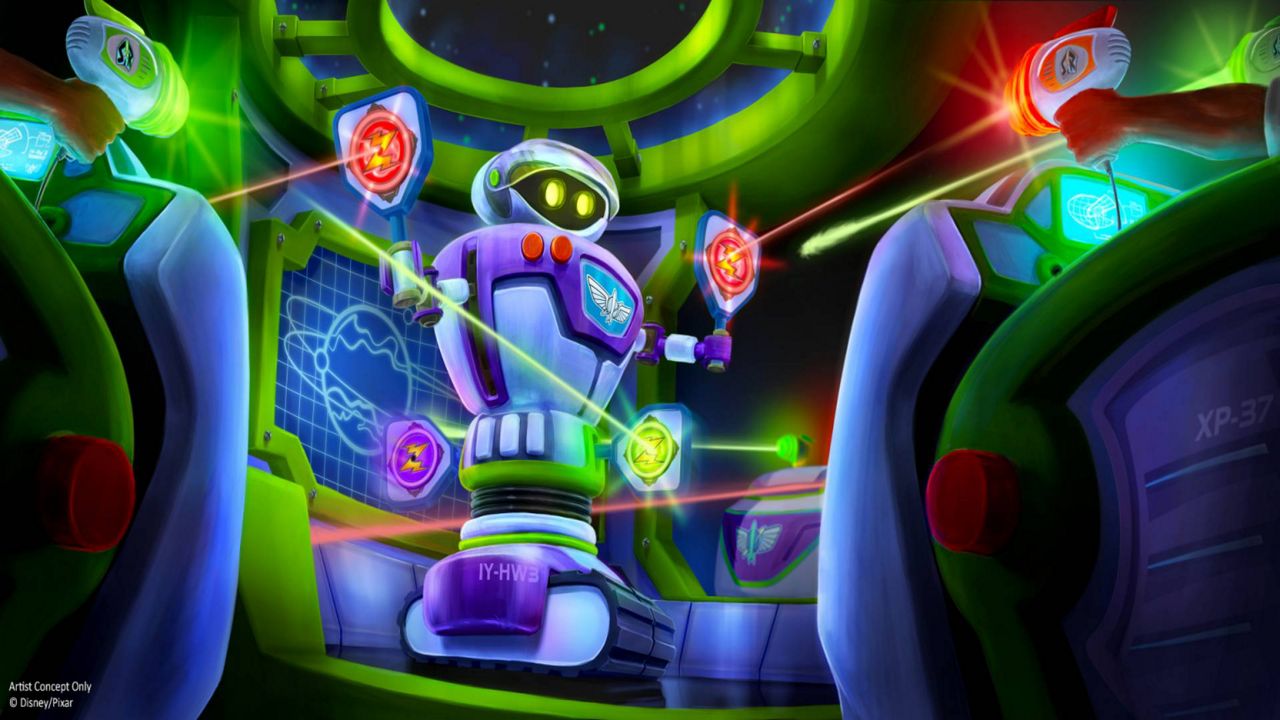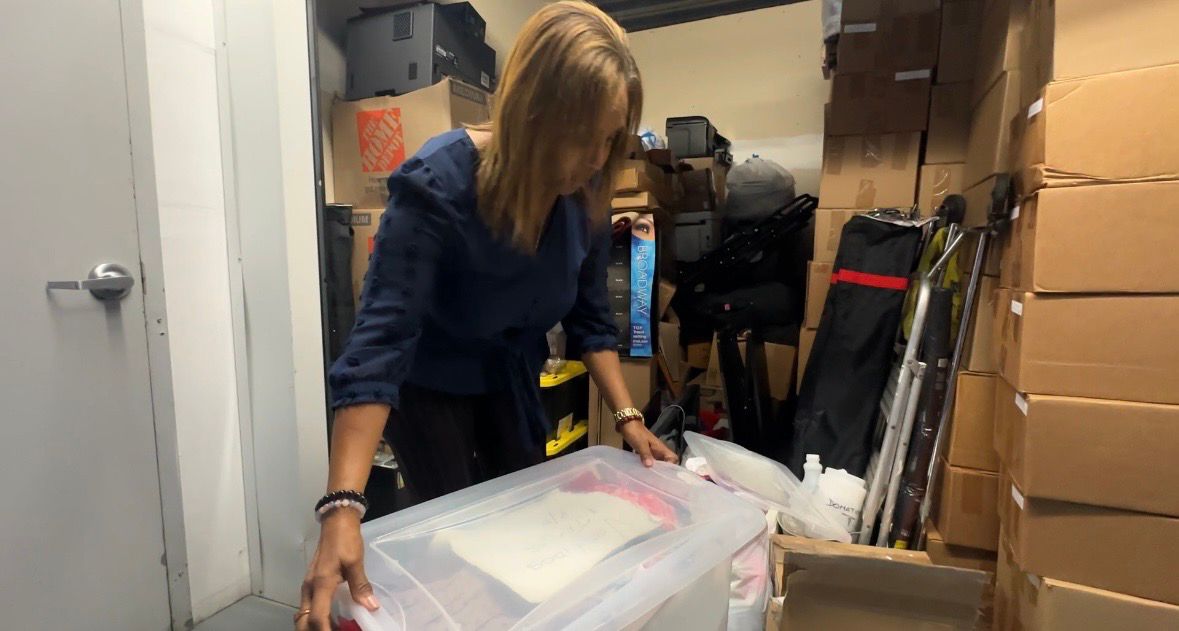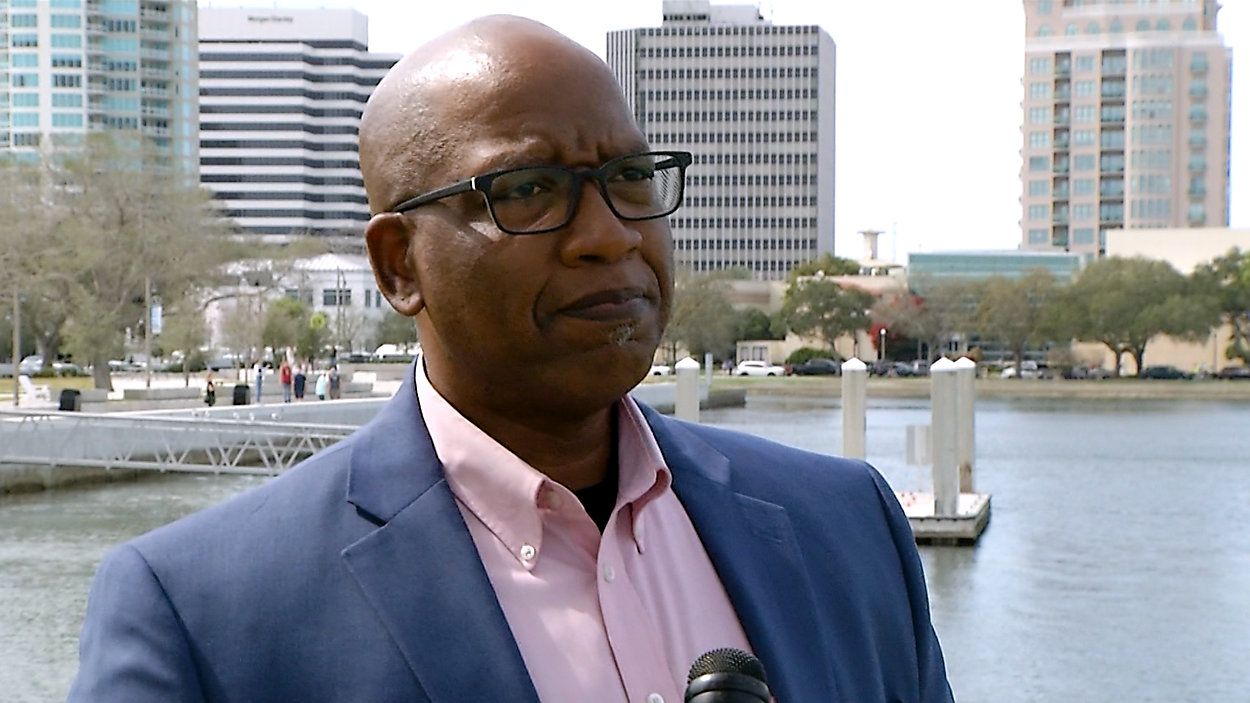We hear nothing, but Alyssa Kovatch is having a full blown conversation.
What You Need To Know
- There are about 340,000 people who are deaf or heard of hearing in Bay area
- American Sign Language helps relay important safety information
- Jody Armstrong says because sign language is its own language, closed captioning isn’t enough to get the message across in the way ASL would
She was born deaf, and communicates in American Sign Language (ASL).
“I have experienced several challenges in my life due to that,” said Kovatch.
One of the biggest challenges, she says, is staying up-to-date on the latest news.
That’s because she can only get the information being said through written words on the screen - closed captioning.
But, it has its drawbacks.
Jody Armstrong, with the Disability Achievement Center in Largo, says because sign language is its own language, closed captioning isn’t enough to get the message across in the way ASL would.
“It would be like during an emergency and you were watching something in a language you had no idea what they were saying. And that’s exactly where the deaf population falls if we do not provide effective communication,” said Armstrong.
And that’s a big population relying on the clarity of this type of information.
Here in Tampa Bay, there are about 340,000 people who are deaf or heard of hearing— that’s the fifth largest concentration in the country.
Armstrong said not having access to clear communication could have dire, sometimes life-threatening, consequences.
“Folks who are deaf or hard of hearing are trying their best to gather information and they’re only getting bits and pieces. It could be incorrect. It could almost be dangerous at times,” said Armstrong.
That is why the Disability Achievement Center worked with Gov. Ron DeSantis’ office to bring a sign language interpreter to deliver his COVID-19 press conferences in ASL, so people like Alyssa, and Julia Michalka, who is the independent living facilitator at the Disability Achievement Center, can get that important information just like everyone else.
“When you have a sign language interpreter on screen, you are able to get the sense of the joy, the emotion, the severity…” said Michalka.
Having an ASL interpreter present during all emergency news conferences is something the Disability Achievement Center would like to see more of in the future.
“The deaf and hard of hearing population we have to care about their lives. We have to care about these citizens of Florida,” said Kovatch.
To keep every Floridian in the know when the information matters most.









